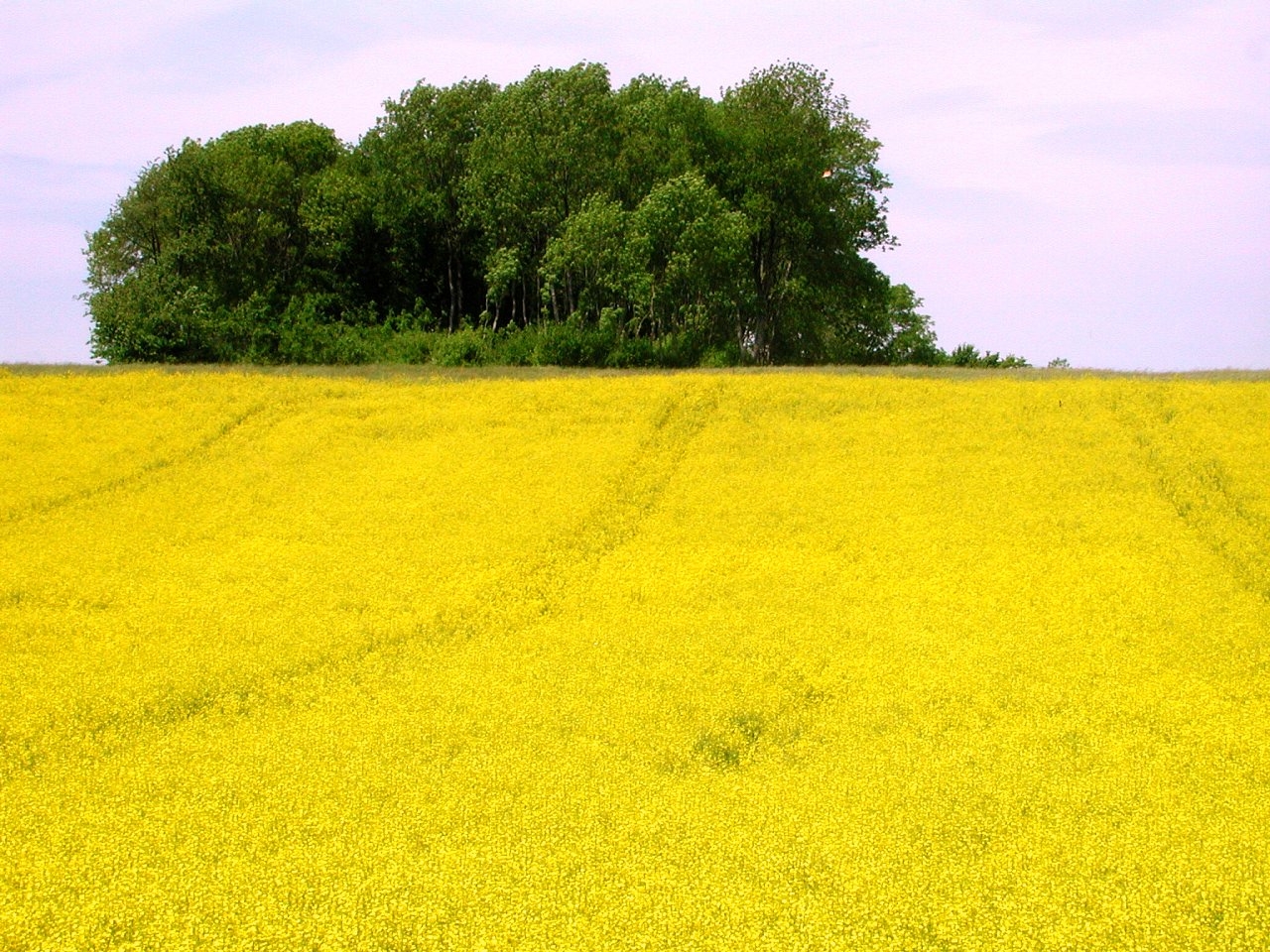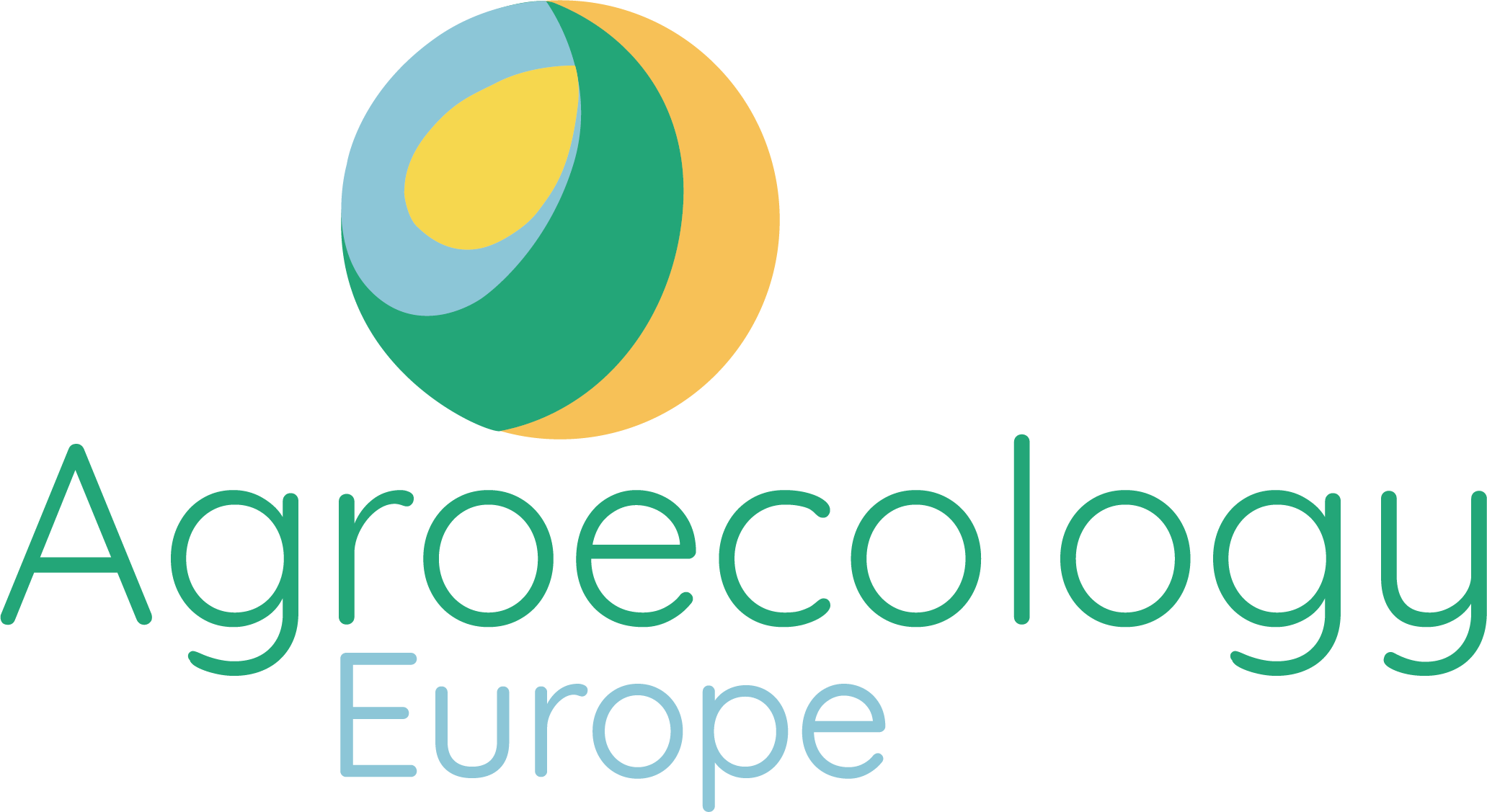First Agroecology Europe Forum
Fostering synergies between movement, science and practice
25-27 October 2017, Lyon, France
 Below, you can find a list of abstracts of presentations and posters.
Below, you can find a list of abstracts of presentations and posters.
You can also download the complete document (pdf)
For the full presentations, click here
ABSTRACTS:
Democratise Agriculture and Food Knowledge for Agroecology and Food Sovereignty P.5 – (ANDERSON Colin, DAVIS Lynne, PIMBERT Michel, MAUGHAN Chris)
A social experiment on an experimental farm station P.7 –(ANGLADE Juliette)
Agroecology Hungary: Networking Facility for Hungarian professionals P.8 (BALÁZS Katalin, PODMANICZKY László, TÓTH Péter)
Can we avoid extractivism while doing research in agroecology? A critical view on co-optation and institutionalisation of agroecology P.10 – (BALTAZAR Sofia, LAMBERT Manuel, LEWUILLON Marine, LOUAH Line, MAUGHAN Noémie, RICHELLE Lola, ROSENFELD Nathan, VAN DYCK Barbara, VANKEERBERGHEN Audrey, VISSER Marjolein)
A “research-embedded-in-action” framework to foster agroecology (Adopting an integrated approach centred around farming and farmers) P.12 – (BERTAGLIA Marco)
The local committee for sustainable food in Lyon P.13 – (BESSON Dounia)
The use of emergence traps for sampling overwintering beneficial insects P.14 – (BLAIX Cian, MOONEN Anna-Camilla)
The crucial contribute of bionomics to agroecology P.16 – (BOCCHI Stefano, INGEGNOLI Vittorio)
Improving the dairy farm efficiency with the milk Carbon Footprint assessment P.1 – (BROCAS Catherine, BLONDEL Anne)
Traditional water meadows – a perfect management option to combine ecological and economical values P.20 – (BUHK Constanze)
Transition to agroforestry: current challenges and opportunities for the adoption of agroforestry as carbon sequestration strategy P.21 – (BURBI Sara, OLAVE Rodrigo)
Policy From Below for Food Sovereignty and Agroecology: The People’s Food Policy Process in England P.23 – (BUTTERLY Dee, ANDERSON Colin)
Natural horticulture: Principles, techniques, and a case study P.24 – (CAPPELLO Gian Carlo, BERTAGLIA Marco)
Ecofeminist perspective for a fair Agroecology: the case of Feminario in Andalusia, Spain P.25 – (COSTANZO Mariagiulia)
Cacao Forest: Innovating together for the sustainable cocoa of the future P.26 – (COSTET Pierre)
Multifunctional vs single-focus vegetative strips: Benefits and trade-offs in ecosystem service support P.27 – (CRESSWELL Claire)
Involving farmers in measuring impact of agroecological farming systems P.28 – (DAS Anshuman)
Can combined food/non-food cropping systems facilitate transitions to agroecological systems in Europe? P.29 – (DAUBER Jens)
Agroecology Training and Learning For Solidarity: Building a Farmer-driven European Agroecology Knowledge Exchange Network P.30 – (DAVIS Lynne)
N fertilizer value of anaerobically digested plant material: effects of substrate quality, digestion and application method P.31 – (DE NOTARIS Chiara, SØRENSEN Peter, MØLLER Henrik Bjarne, ERIKSEN Jorgen)
Agroecosystem diversification: digging deeper P.33 – (DEGRUNE Florine)
Sociotechnical System Analysis of Weeding, Key Step for Designing Agro-ecological Systems at the Watershed Scale P.34 – (DELLA ROSSA Pauline, MOTTES Charles, LE BAIL Marianne, CATTAN Philippe, JANNOYER Magalie)
Farming novelties: our way forward P.35 – (DELOBEL Vincent)
Economic impact of feed autonomy and associated ecosystemic services in a Limousin cattle and poultry mixed farm in Belgium P.36 – (FAUX Jacques)
Les animaux sauvages et domestiques des alliés pour les hommes dans leur ferme P.38 – (FAVÉ Marie-Christine)
Impact of organic and conventional management and tillage operations on soil quality and productivity in a long term experiment P.39 – (FERRETTI Lorenzo)
Weeds and field margins: the other side of the coin P.41 – (GAIFAMI Tommaso)
The European organic movement: a pioneer of agroecology? P.42 – (GALL Eric)
Agroecological strategies for the dynamisation and revalorisation of the agrarian sector in Madrid region (Spain): Agrolab, open farming Laboratory P.43 – (GARCÍA LLORENTE Marina)
In-field evaluation of a weeding robot targeted at agroecological farms P.44 – (GARLANDA Lisa)
Agroecological Network of Greece, For Agroecology as a Science, Practice and Movement in Greek P.45 – (GKISAIKIS Vasileios)
SEGAE Project: developing a serious game for agroecology training P.46 – (GODINOT Olivier)
Endogenous emancipation of young peasants P.47 – (GORIS Margriet, VAN DEN BERG Leonardo, BOTELHO Izabel)
Co-designing a decision-support tool with farmers as the basis for collective action and participatory approach P.48 – (GUILLAUME Mary)
Agroecology processes in Colombia: Advances and challenges. The case of the National Network of Family Farming (Red Nacional de Agricultura Familiar, RENAF) P.49 – (GUZMÁN Pedro)
Practicing Agroecology in Vermont, 25 years of lessons learned on the farm P.51 – (HAYDEN John)
Agroecological symbiosis (AES) for local, combined farming, food processing and energy production, and nutrient recycling P.52 – (HELENIUS Juha, KOPPELMÄKI Kari, HAGOLANI-ALBOV Sophia, PARVIAINEN Tuure, VIRKKUNEN Elina)
Guide for agroecology in viticulture, a tool for the sector P.53 – (HERBIN Carine, LEMPEREUR Valérie)
Greater diversity and higher incomes found on study of agroecological farms in Western Guatemala P.55 – (HOGAN Rose)
Agriculture practices supporting biodiversity conservation in Israel: A meta-analysis P.56 – (ISRAELY Liron, AMDUR Liron, TAMAR Dayan)
Participatory Assessment of Climate and Disaster Risks (PACDR) P.57 – (JAWTUSCH Julia, BISILLIAT Maryline, DEGELO Simon)
Test and implementation of best practices supporting crop pollination and biocontrol of pest in a systemic and co-innovation approach involving scientists, farmers and extension P.58 – (JEANNERET Philippe)
Multifunctional Plants (PlaM): biodiversity estrategies against Climate Change P.59 – (JIMÉNEZ GÓMEZ Alberto, VELA CAMPOY María)
MSc Student organised Agroecology Conference P.60 – (KALAITZOGLOU Konstantinos)
RUSDELA- Rural Sustainable Development Toolkit for Local Actors P.61 – (KASSAI Melinda, GKISAKIS Vasileios, RÉTHY Katalin)
Reduced tillage in organic farming? Can under-sown legumes and row hoeing be the way forward? P.62 – (LAGERQUIST Elsa)
Digital revolution in the agricultural sector: Fitting in the Agroecological approach? P.63 – (LAZZARO Mariateresa)
Sustainable Intensification: Agroecological appropriation or contestation? P.64 – (LEVIDOW Les)
Shallow erosion in the Alps – Agroecology as a possible problem solving strategy P.66 – (LÖBMANN Michael)
An exploratory assessment tool to evaluate the environmental, health, social and territorial impact of our plate P.67 – (LOPEZ MERINO Pedro, LAMINE Claire)
Influence of cover crop management techniques on soil ecosystem services P.68 – (MAGAGNOLI Serena, MASETTI Antonio, DEPALO Laura, CAMPANELLI Gabriele, CANALI Stefano, LÖVEI Gabor, BURGIO Giovanni)
Influence of cover crop terminations on pest dynamics in an organic vegetable system P.69 – (MAGAGNOLI Serena, MASETTI Antonio, DEPALO Laura, CAMPANELLI Gabriele, CANALI Stefano, BURGIO Giovanni)
Some key research questions about the interest of animal diversity for the agroecological transition of livestock farming systems P.70 – (MAGNE Marie-Angélina, OLLION Emilie, COURNUT Sylvie, MUGNIER Sylvie, SABATIER Rodolphe)
Intercropping winter wheat and white clover to enhance beneficial ground beetles P.72 – (MANSION-VAQUIÉ Agathe, LASCOSTE Mylène, FERRER Aurélie, WEZEL Alexander)
A participatory approach between researchers, farmers and beekeepers to define a common point of view about semi-natural habitat and agro-ecosystem service P.73 – (MARINI Simone)
The ecology of perennial grains: First results from The SITES agroecological field experiment (SAFE) with intermediate wheatgrass (Kernza) in sole and intercrop P.75 – (MÅRTENSSON Linda-Maria, JENSEN Erik Steen)
The future of agro-forestery local breeds pig farming in Region Auvergne Rhône-Alpes P.76 – (MARZIO Antoine)
Ecological permeability of agricultural landscapes P.77 – (MASSALOUX Damien, DELCLAUX Julie)
Transformative Agroecology Learning in Europe: Building Consciousness, Skills and Collective Capacity for Food Sovereignty P.78 – (MAUGHAN Chris)
Permaculture in urban gardens in Lyon P.79 – (MAURINES Béatrice, RENIER Louis)
Providing accessible information and adaptation strategies for tackling impacts of climate change on cropping systems: the ADAPT2CLIMA tool P.80 – (MERANTE Paolo, MORIONDO Marco, GIANNAKOPOULOS Christos, PAPADOPOULOU Maria, DIBARI Camilla, BRILLI Lorenzo, KARALI Anna, LEMESIOS Giannis, CHARCHOUSI Despoina, PAPADASKALOPOULOU Christina, TENENTES Vassilis, VAROTSOS Konstantinos V., TROMBI Giacomo, LEOLINI Luisa, COSTAFREDA Sergi)
Convergences, divergence and specificities between Agroecology and Organic Agriculture in Italy P.82 – (MIGLIORINI Paola, LAZZARO Mariateresa, BARBERI Paolo, CIACCIA Corrado, COLOMBO Luca, CANALI Stefano)
Participatory selection of cover crop cultivars aimed at improving their capacity to cover the soil and their suitability to be destroyed in early spring. P.83 – (MOONEN Anna-Camilla, LEONI Federico, CARLESI Stefano, LAZZARO Mariateresa)
Agroecology and Agroforestry: including woody vegetation in agricultural systems P.84 – (MOSQUERA-LOSADA Maria Rosa, LÓPEZ-DÍAZ L., PANTERA Anastasia, FERREIRO-DOMÍNGUEZ Nuria)
Small ruminants in a sustainable socio-ecological metabolism: a case study from Samothraki, Greece P.85 – (Noll Dominique)
The potential of agroecology and silvopasture to enhance the resilience of grassland systems in the island of Ireland P.87 – (OLAVE Rodrigo)
Managing Crop varieties data: an app for on farm data collection P.89 – (ORTOLANI Livia)
UK Farmers’ Transitions to Agroecological Systems: What Route to Redesign for Agroecosystems? P.90 – (PADEL Susanne, RUBINSTEIN Oliver, WOOLFORD Amelia, EGAN Jim, LEAKE Alastair, LEVIDOW Les, PEARCE Bruce, LAMPKIN Nicolas)
High Value Tree Agroforestry Systems in Europe: from tradition to modern environmental and socio-economic needs P.92 – (PANTERA Anastasia)
Agrotopia: a research and training centre on Agroecology P.94 – (PEETERS Alain, LHOEST Guillaume, LOEST Wauthier, DE WOUTERS Guirec)
An action-research programme on the design and development of agroecological systems in farms P.95 – (PEETERS Alain)
Agroecological principles and practices for grass-based farming systems – Book chapter P.97 – (PEETERS Alain, WEZEL Alexander)
The use of Participatory Action and Learning for Agroecology: conducting research on living mulches in central Italy P.99 – (PELLEGRINI Fernando, ANTICHI Daniele, CARLESI Stefano, LAZZARO Mariateresa, NARDI Giacomo, BARBERI Paolo)
Fostering legume presence in cropping systems: co-evaluation of agroecosystem services P.100 – (PELLEGRINI Fernando, ANTICHI Daniele, BARBERI Paolo)
Conventional and participatory mapping as a tool for decision-making. Case study on ecosystem services in a rural area of Spain. P.101 – (PÉREZ-RAMIREZ Irene, GARCÍA-LLORENTE Marina)
What role for researchers in supporting agroecology as a path to food sovereignty? P.102 – (PIMBERT Michel)
Bacteria and fungi in agricultural landscapes: almost invisible but the engine of plant production P.103 – (PIRHOFER WALZL Karin)
Ten Years For Agroecology (TYFA) – a scenario exercise exploring the feasibility of an agroecological Europe P.104 – (POUX Xavier)
Malagasy farmers’ view on the use of Stylosanthes guianensis for weed management in no-till rain-fed rice cropping systems P.106 – (RAFENOMANJATO Antsa, AUTFRAY Patrice, BARBERI Paolo, MARNOTTE Pascal, RIPOCHE Aude, MOONEN Anna-Camilla)
Agroecological practices impact positively on farms carbon footprint. Itasy Region, Madagascar P.107 – (RAKOTOVAO Narindra)
Agroecological Innovations for Resilience and Sustainability of Alpine Livestock Farming Systems (INVERSION) P.108 – (RANALDO Marzia, CARLESI Stefano, BARBERI Paolo)
Food startups with an agroecological twist in Hungary P.109 – (RETHY Katalin)
A participatory method for farm scale scenarios in order to preserve and/or restore groundwater quality P.110 – (RICHARD Annabelle, CASAGRANDE Marion, JEUFFROY Marie-Hélène, DAVID Christophe)
Outscaling innovative practices on farm: promising approaches to foster the design of agroecological farming systems P.111 – (SALEMBIER Chloé, SEGRESTIN Blanche, WEIL Benoît, MEYNARD Jean-Marc)
The role of agroecology in designing sustainable food systems: the experience of the periurban rural area of Gallecs (Barcelona, Catalonia) P.112 – (SANS SERRA F. Xavier)
Plant biodiversity and weed control: comparison between organic and conventional systems under different cultural practices P.113 – (SANTONI Margherita)
Crop Rotation Nexus P.114 – (ŠEREMEŠIĆ Srđan)
Fostering Transitioning: A Model of Facilitating Agroecological Practice Adoption in the US P.115 – (SILVA Erin)
De la souveraineté technologique des paysans : reflexions et perspectives P.116 – (SINOIR Nicolas)
An innovative approach to enhance biodiversity on farmland: A credit point system P.117 – (STÖCKLI Sibylle)
Urban community gardens to achieve social justice P.119 – (TUSCANO Martina)
Farmers ecological knowledge to support agro-ecology development in Provence P.120 – (VADON Anne, CAMPAGNE Jean-Luc, BARRET Philippe)
‘Hidden treasures’: agro-ecological practices in Europe P.121 – (VAN DER PLOEG Jan Douwe)
Toward agroecology territory: the challenge of enrolling multiple stakeholders in Participatory Action Research (P.A.R.) P.122 – (VANDENBROUCKE Perrine, BRIVES Hélène, CASAGRANDE Marion, CLÉMENT Camille, HEINISCH Claire, PEIGNÉ Joséphine, VIAN Jean-François)
Agroforestry practices as tools for sustainable agriculture: a case study from Ethiopia P.123 – (WOLLE Hailie Shiferaw, BARBERI Paolo)
Interaction between biochars and arbuscular mycorrhizal fungus (AMF) on the growth of potato P.124 – (YANG Qi)
Crop diversity and rotation may increase reptile biodiversity in an agroecosystem P.125 – (ZIV Yaron)
Download the complete document
